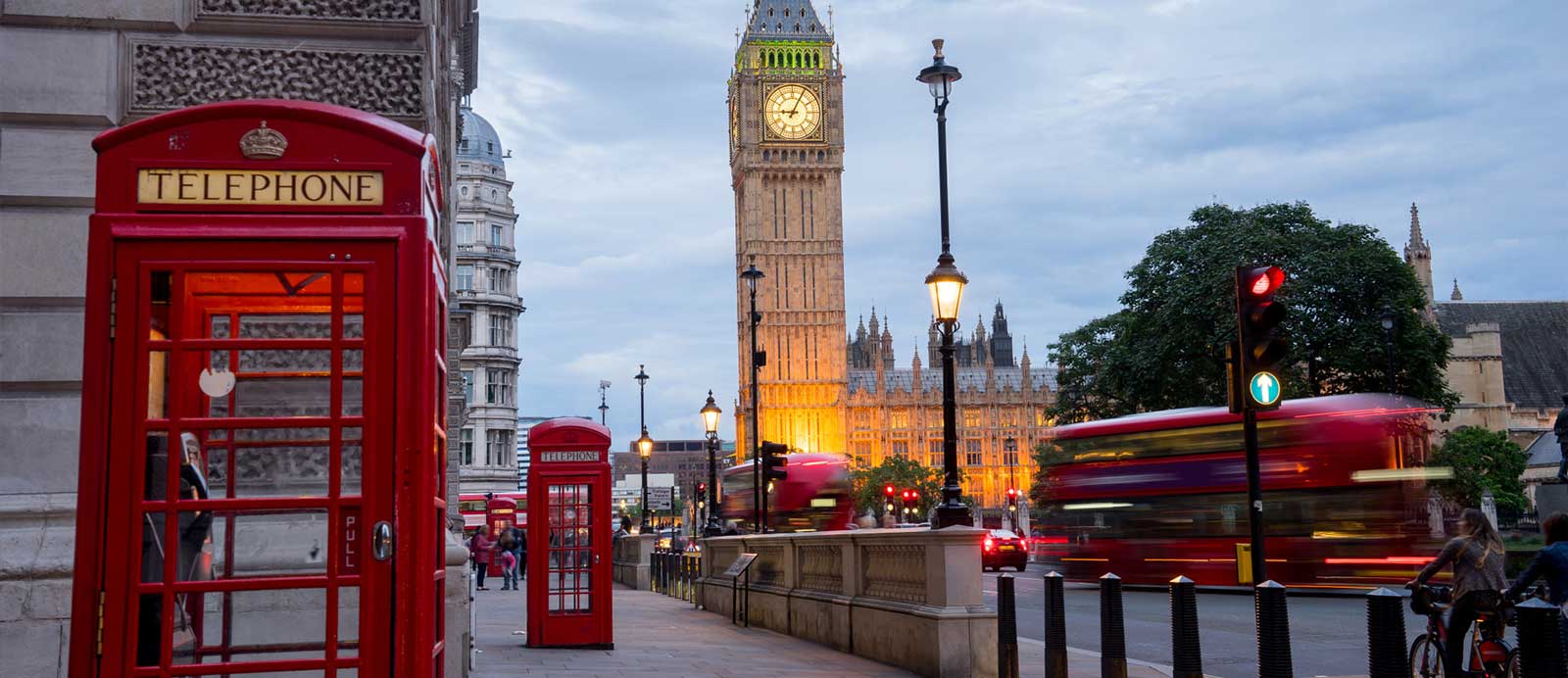on May 14, 2025
Read Time: 7 Minutes

Unauthorised migration continues to be one of the “hot-button” issues in UK and global politics. One of the latest instalments in this ongoing debate was the holding of a landmark conference on organised immigration crime (OIC) in London.
The Organised Immigration Crime Summit was attended by representatives of more than 40 countries – including France, Iraq, Vietnam, and the USA – as well as social media giants such as Meta, X, and TikTok. The UK Government talked up the significance of the two-day summit at Lancaster House. Prime Minister Sir Keir Starmer said to attendees: “There has never been a bigger gathering of people on this issue, building a truly international effort to defeat organised immigration crime.”
Held on 31st March and 1st April 2025, the Organised Immigration Crime Summit was reportedly the first major international summit specifically focused on tackling illegal migration.
The UK Home Office said the Organised Immigration Crime Summit differed from previous summits in that it “engaged both European nations and key source and transit countries, as well as those that are integral to the supply of equipment, including small boats and engines”. This approach, according to the department, ensured “a broader, more comprehensive approach to tackling OIC.”
The conference brought forth a range of pledges and actions, including:
The term “immigration status”, in the context of the Home Office, refers to the official permission that a non-UK national requires in order to live and/work in the UK.
UK immigration status – also sometimes referred to as “leave” or “leave to remain” – is granted by UK Visas and Immigration (UKVI), which is the division of the Home Office with responsibility for the country’s visa system.
There are various types of UK immigration status. The type that you have will dictate how long you can stay and what you are permitted to do in the UK – for example, whether you are entitled to work in the country or to access public funds.
Some of the main types of immigration status in the UK include:
A variety of prominent individuals and entities have responded to the events of the summit.
These include:
HIAS+JCORE added that there was an urgent need for “this same international energy and cooperation to be invested into workable solutions, including safe routes.”
An “illegal immigrant” to the UK can be defined as a non-UK national who comes to live and work in the UK despite not having the legal right to do so.
There are various circumstances in which a non-UK national will typically be considered an illegal immigrant in the country. These include if they:
If you are an overseas national who is in the UK despite not having the legal right to be in the country:
The Illegal Migration Act became law under the previous, Rishi Sunak-led Conservative Government on 20th July 2023.
According to a Home Office factsheet published at the time, “if you enter the UK illegally… you will be detained and promptly removed either to your home country or to a safe country where any asylum claim will be considered.”
The same publication went on to state that “you will no longer be able to frustrate removal attempts with late or spurious legal challenges or appeals, and once removed, you will have no right to re-entry, settlement, or citizenship.”
Illegal immigrants in the UK – sometimes referred to as “unauthorised” or “irregular” migrants – may have the option of claiming asylum or seeking discretionary leave to remain in the country on humanitarian grounds.
However, this will depend greatly on the given individual’s particular circumstances.
Here at Cranbrook Legal in central London, we realise it can be an overwhelming experience to deal with a situation in which your UK immigration status is uncertain.
If this describes your present circumstances, our award-winning experts in UK immigration law can provide tailored advice and guidance to help you determine the best route forward.
Unauthorised or irregular migrants in the UK may have various options, depending on their circumstances. However, we would urge you to first seek legal advice from a reputable immigration solicitor or qualified legal adviser catering to UK immigrants.
The Cranbrook Legal team can examine your specific status. As a result of this, we can help make clear what the possibilities may be for you to stay in the UK legally.
You won’t be at risk of being reported to the Home Office simply because you asked for advice.
Moreover, if we determine together that you would like to apply for a particular UK visa or immigration status, we can assist you through this process, as part of our complete project-managed service.
To arrange a free consultation with us, please fill in and submit our online contact form today. You are also welcome to give our team a call, on 0208 215 0053.
How Can We Help You?